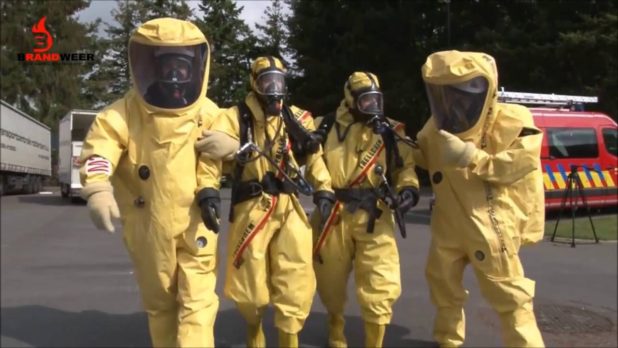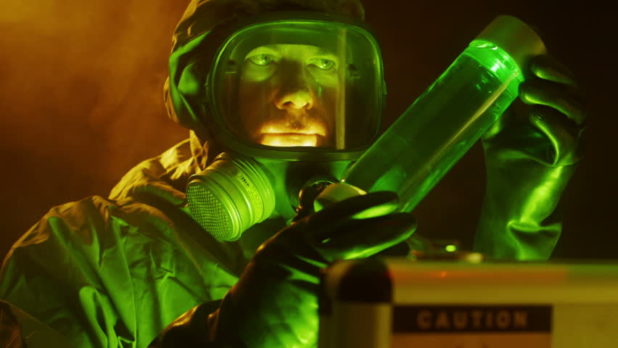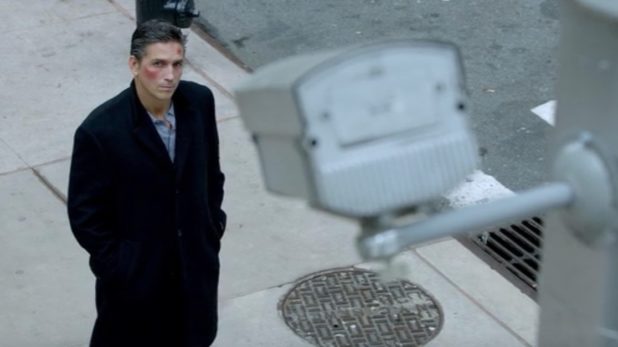Pictured: you with your friends in the near future.
There’s a new idea floating around: people may only be allowed to interact with a small social circle in order to make it easy for the government to contain viruses.
Chief constables are urging ministers not to ask the police to enforce loosened coronavirus lockdown rules amid fears doing so will be ‘impossible’.
Senior officers are worried that if they are tasked with making sure people stick to eased social distancing measures it could damage the relationship between the police and the public.
There is particular concern about the prospect of trying to make sure people adhere to the concept of only meeting with a strict ‘bubble’ of friends or family – one of the ways forward believed to be being considered by ministers.
Chief constables are therefore arguing the nation should be trusted to play by the rules so officers can go back to tackling crime which experts believe will increase after lockdown is lifted.
Nicola Sturgeon, the Scottish First Minister, has previously said her devolved administration is weighing up the merits of a ‘bubble’ scheme, with the UK government also thought to be looking at the idea.
This would allow people to meet with a select group of close friends or family but it would only work if the selection of people always remained the same.
The idea of asking the police to make sure that people are only meeting with the same group of people has sparked widespread concern at forces up and down the country.
One chief constable told The Times: ‘If people are allowed to meet up with a circle of up to ten people, we shouldn’t be asked to police that. How ridiculous is that?
‘It would be impossible to police. We are in discussion with the government on what we can do but there is going to have to be a different approach.’
A second chief constable said: ‘We are clear that we don’t want to be relied on for enforcement as restrictions are lifted.’
A third insisted the public should be trusted to take responsibility for their actions as they have largely been asked to during the first phase of lockdown.
They said that will be ‘even more important in the next phase’, adding: ‘When the rules become more complex, of course it will be difficult to expect the police to have a role in enforcing them.’
Boris Johnson is expected to unveil his lockdown exit strategy in an address to the nation on Sunday, having delayed the announcement from Thursday as frantic work continues in Whitehall.
It won’t be the police who will be monitoring that.
The easiest way to ensure that people only ever interact with the same selection of 10 other people is to build that into the NHS coronavirus contact tracing app.
It will be like some kind of social media application, where people fill their 10 slots of “friends” with people they want to interact with in order for the government to know, at all times, who is interacting with whom.
The excuse is, of course, that they have to “trace contact” in order to contain possible outbreaks.
Pictured: expert manipulating dangerous coronavirus sample.
They may even make it so that you have to submit an “interaction request” for the government to approve every time you want to meet with someone.
This will ensure that people remain isolated from each other, that they cannot spread ideas and form a resistance to the government’s tyranny. With the internet fully locked down, they’re not going to be getting any information other than official virus hysteria.
None of this is about public health and keeping old people in nursing homes from getting the flu. This is a massive social engineering program to give birth to a new kind of society.
And this is just getting started.
 Daily Stormer The Most Censored Publication in History
Daily Stormer The Most Censored Publication in History





